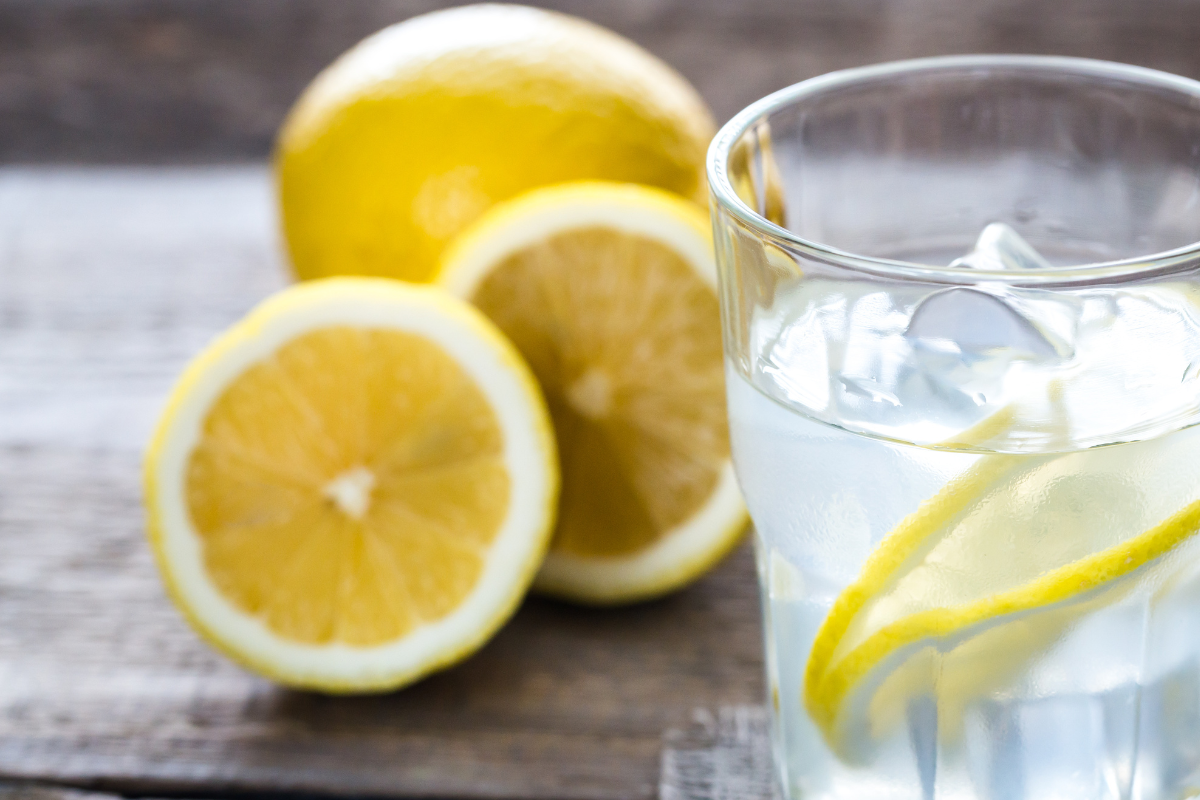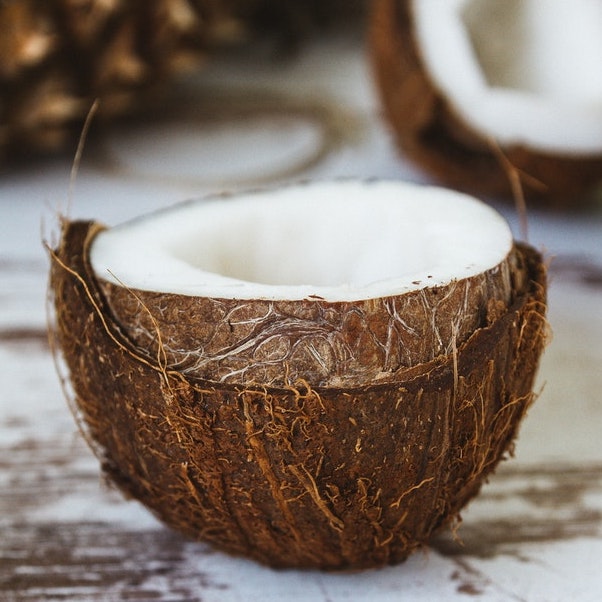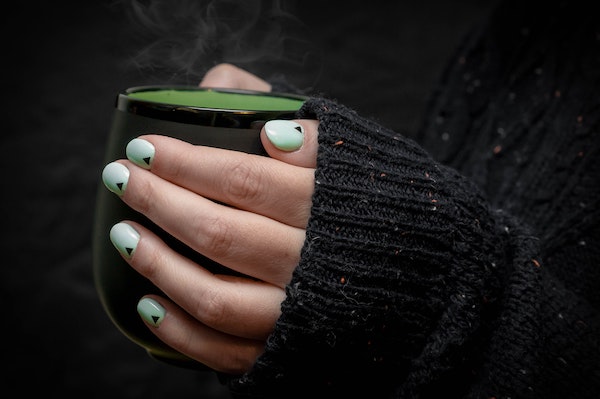It’s easy to remember to drink water in the summer months. The hot weather makes us reach for it for a thirst quench. In the winter, though we may not feel thirsty nearly as much, it’s so crucial to stay adequately hydrated. Let’s explore the significance of maintaining hydration in winter, and provide practical tips to ensure you stay adequately hydrated, even when the temperatures plummet.
Why Winter Hydration is So Crucial:
- You Lose More Water In the Winter Than You Think: Contrary to common belief, cold weather can contribute to dehydration. The dry winter air, combined with indoor heating systems, can sap moisture from your skin and respiratory system, leading to increased fluid loss.
- Immune System Support: Staying well-hydrated is essential for a robust immune system. In winter, when colds and flu are more prevalent, adequate hydration can help your body fend off illnesses.
- Joint and Muscle Health: Dehydration can exacerbate joint pain and muscle stiffness, which can be more pronounced in colder weather. Maintaining hydration levels helps support overall joint and muscle function.
- Skin Health: Cold and dry winter air can lead to skin dehydration, causing it to become dry, flaky, and irritated. Proper hydration from within helps maintain skin elasticity and promotes a healthy, radiant complexion.
- Energy Levels: Hydration plays a key role in energy metabolism, and staying hydrated can help combat feelings of fatigue and lethargy. Maintaining optimal energy levels is particularly important in winter when the temptation to hibernate can be strong.
Potential Side Effects if Dehydration:
- Thirst: Thirst is the body’s initial signal that it needs more fluids. It’s the first and most noticeable sign of dehydration.
- Dark Urine: Dark yellow or amber-colored urine is a common sign of dehydration. Adequately hydrated urine is usually light yellow.
- Fatigue: Dehydration can lead to a decrease in blood volume and, consequently, a reduction in the delivery of oxygen to the body’s cells, resulting in feelings of fatigue and lethargy.
- Dizziness and Lightheadedness: Insufficient fluid levels can cause a drop in blood pressure, leading to dizziness or lightheadedness, especially when standing up quickly.
- Headaches: Dehydration can trigger headaches or migraines due to reduced blood flow and oxygen supply to the brain.
- Dry Mouth and Bad Breath: A lack of saliva production due to dehydration can result in dry mouth and contribute to bad breath.
- Dry Skin and Eyes: Dehydration affects skin elasticity, leading to dry and flaky skin. It can also cause dry and irritated eyes.
- Muscle Cramps: Inadequate fluid levels can disrupt the balance of electrolytes in the body, leading to muscle cramps and spasms.
- Constipation: Dehydration can result in harder stools and slower bowel movements, leading to constipation.
- Impaired Cognitive Function: Dehydration has been linked to difficulties in concentration, memory, and overall cognitive performance.
Tips for Winter Hydration:
- Set Reminders: As silly as it sounds, with decreased thirst sensation, it can be helpful to set reminders to drink water regularly. Use smartphone apps, alarms, or notes to prompt yourself to take regular sips throughout the day.
- Indulge in Warm Beverages: Embrace the season by sipping warm beverages like herbal teas, broths, and warm water with lemon. These options not only keep you hydrated but also provide comfort during chilly days.
- Infuse Your Water: Add a little flavor to your water by infusing it with fruits like oranges, berries, or cucumber. This can make staying hydrated more enjoyable, even in the colder months.
- Use a Hydration App: Several apps are designed to track your daily water intake. Utilize these tools to monitor your hydration levels and ensure you meet your daily water intake goals.
- Invest in a Quality Water Bottle: Having a reliable water bottle (like this Hydro Flask) on hand can encourage regular sipping. Choose an insulated bottle to keep your water at a comfortable temperature, whether you’re indoors or braving the winter outdoors.
- Consume Hydrating Foods: Include water-rich foods in your winter diet, such as soups, bone broth, stews, fruits, and vegetables with high water content. These can contribute to your overall hydration.
- Monitor Urine Color: Keep an eye on the color of your urine. If it’s light yellow, you’re likely well-hydrated. Darker urine may indicate dehydration, prompting you to increase your fluid intake.
- Practice Mindful Hydration: Take a moment to be mindful of your hydration needs. Listen to your body and respond to cues, even if they are subtle, to ensure you stay adequately hydrated.
- Stay Active: Engage in regular physical activity to stimulate circulation and encourage the natural inclination to drink water. Whether it’s a winter hike, indoor workout, or yoga session, staying active can support hydration.
- Supplement with Electrolytes: Consider supplementing your winter hydration routine with electrolytes. LMNT electrolytes, in particular, can be a valuable addition to your regimen, helping replenish essential lost minerals and supporting optimal hydration. I like LMNT because they keep it clean with no added sugar, artificial ingredients, or added junk. Each packet contains the perfect balance of sodium, potassium, and magnesium – the key electrolytes your body needs to function at its best. My favorite is the Citrus Salt, followed closely by Orange Salt. 😋
Winter hydration is a vital aspect of maintaining overall health, even when the weather turns cold. By understanding the unique challenges of staying hydrated during winter and implementing practical tips, you can ensure that your body receives the water it needs to thrive. Remember to prioritize your hydration, embrace warming beverages, and adopt habits that make drinking water a consistent part of your daily routine. And for an extra boost, explore the benefits of electrolytes using the referral link provided below. Stay warm, stay hydrated, and embrace the winter season with vitality.
Get a FREE SAMPLE PACK when you make your first LMNT purchase at http://elementallabs.refr.cc/beckybovee.


As an Amazon Associate I earn from qualifying purchases.
Some of the links above are “affiliate links.” This means if you click on the link and purchase the item, I will receive an affiliate commission. Regardless, I only recommend products or services that I believe will add value to my readers.



